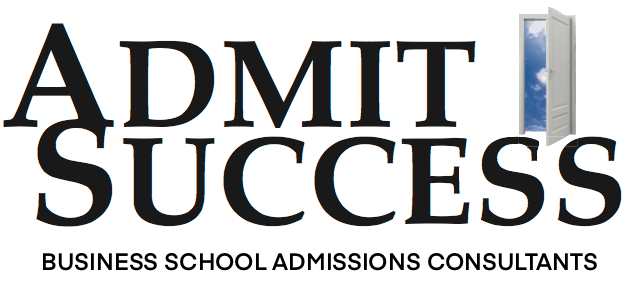By Peter Roberto, advisor to MBA candidates and Founder, Admit Success MBA Admissions Consultants
For MBA admissions consultants, there is no clearer sign that spring has sprung than the amount of time we spend speaking with prospective business school candidates seeking advice on how to prepare for first-round deadlines. And while answers vary based on the needs of the individual applicant, there is one constant response that oftentimes takes candidates by surprise, and that is — start thinking about your recommenders now.
Choosing recommenders might not appear to be as pro-active, fulfilling or sexy as brainstorming essay topics and aligning career goals with a school’s offerings, but it’s a critical component that can make or break a candidate’s success in getting a seat in their program of choice. It also happens to be a component candidates have more control over than they think.
An ideal letter of recommendation strengthens business school applications by providing a qualified assessment that mirrors what a candidate expresses in their essays and illustrates through the accomplishments listed on their resume.
While applicants have some control of what a recommender is going write based on their knowledge of a candidate, and their career objectives— applicants have complete control in choosing recommenders who will help, not hinder their chances of business school admissions success.
Those chosen to write letters of recommendation should provide specific examples that clearly communicate what an applicant is capable of, and what they will bring not only to the classroom, but also to the business school community at large. These examples should highlight instances where the applicant went above and beyond the scope of their responsibilities, be it in management consulting, investment banking, operations or any other role, all of which are common knowledge at business schools. Admissions committees don’t just want to hear that an applicant does their job well. Instead, they want examples that demonstrate an applicant’s leadership potential by convincing others to buy into an idea, shaking up the status quo, or taking a project beyond its original scope.
So . . . while you’re studying for the GMAT, researching schools and waiting for essays questions to be released, take time to reconsider your list of potential recommenders, and begin a dialogue now to ensure they will best serve your needs.
Have a question on MBA letters of recommendation best practices? Contact me on Twitter @PeterRoberto or @AdmitSuccess


